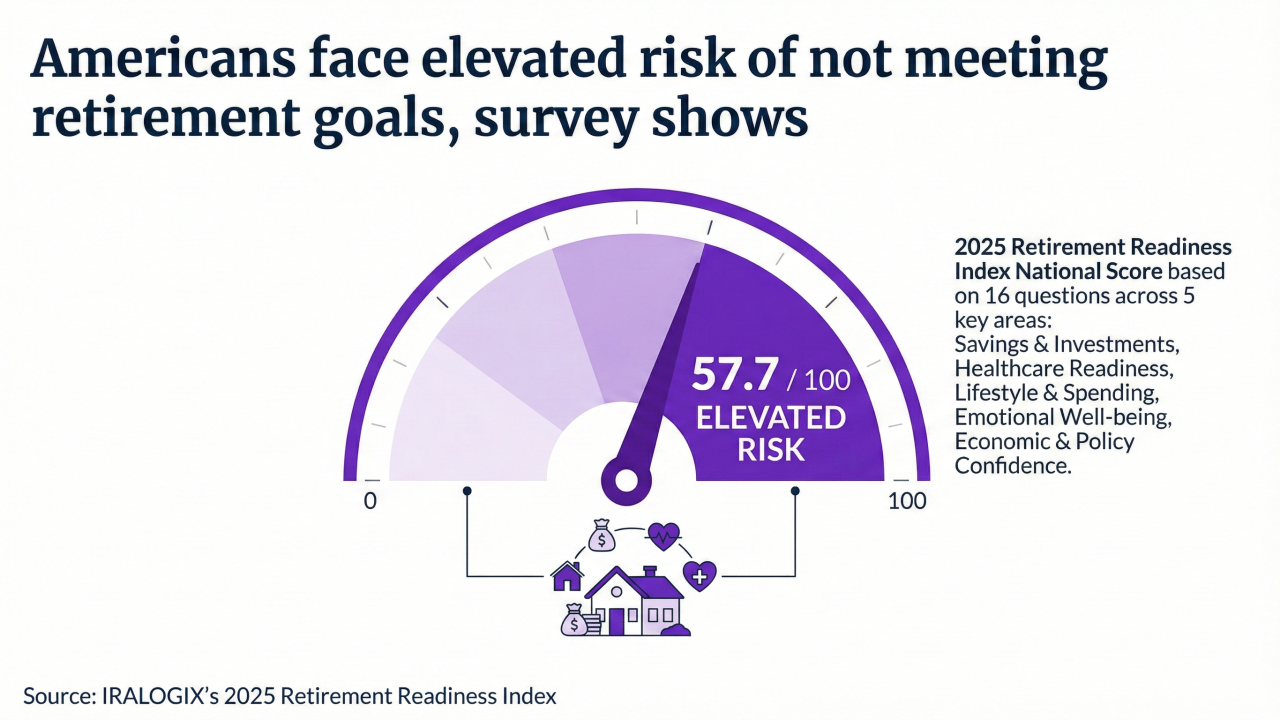Shhh .... don't tell anyone, but I've infiltrated the broker/consultant world of employee benefits. After 12 years of working in corporate benefits with seven different benefit broker/consultants, big and small, I recently crossed the line into their world - I'm the director of compliance of a midsize benefits broker/consulting firm in southern California. I'm here to report back to you, my fellow corporate benefit professionals, on three things you reasonably can expect in your broker/consultant relationships - in addition to competitive fees, top-quality service and proven employee benefits negotiation expertise.
Here are three reasonable value-add items your broker should provide (in no particular order, because everyone's priorities will be different):
1.Diverse ancillary support services
Does your broker provide underwriting, compliance and communications services? In today's volatile benefits environment, they should. With all of the recent mandatory changes in employee benefits, coupled with uncertainty when it comes to understanding how a carrier determines a benefit renewal rate, having an underwriter to review the renewal to determine legitimacy and then take any action necessary with the carrier is a true value-add.
Similarly, the benefits compliance world has been equally affected by the health care reform requirements. Having a compliance resource who will not only help prepare you for today but have you thinking about tomorrow will give you the peace of mind that your benefits program is compliant.
Lastly, I am a big believer in the phrase, "You can develop the best benefit program in the world, but if it is not effectively communicated, it will not meet its intended end result." Thus, working with a communications expert who not only has taken the time to learn and understand your culture and work environment (geographic locations, languages spoken, etc.), but also is able to produce benefit materials to meet the needs of your respective audience, is priceless. You receive a quality end result, and it saves you the time of having to develop and print the materials yourself.
I recommend that you ask your current broker if these resources are available to you as part of its core services. If not, I would consider looking for a broker that does offer these resources as part of his/her core services. Over the next few years, between health care reform and employers continuously looking for solutions to their rising costs, such resources will play a very important role. An added bonus would be if these resources are in-house or local to your organization, as your chances for communicating with them during your workday become that much higher.
The end result is that you have access to a resource that can explain the rationale behind your benefit costs and even advocate on your behalf (as an underwriter), a resource that can ensure you remain compliant (as a compliance officer), and a resource that can assist you in effectively communicating your benefit ideas and initiatives to your employees (as a communications director), all at your fingertips.
2. Comprehensive admin support services
Odds are that your human resources/benefits department has felt the effects of the economy in that you and your staff are working harder and longer than ever before. Your broker/consultant should be in a position to help you with much of the benefits administrative "heavy lifting" as part of its core services.
Examples of administrative tasks include open enrollment support, state and federal disclosure and reporting, billing reconciliation and any administrative requirements associated with benefit system implementations. In addition, you may want to inquire if your broker hosts an employee call center for employee benefit questions and issue resolution assistance.
Don't feel bad asking your broker/consultant to assist you with some of your benefits administrative tasks, especially the ones that bring them onsite. A true full-service broker will handle them with no questions asked and will actually want to be involved at this level to strengthen the relationship and gain a better idea of your culture and employees, which is important in overall account management. Plus, the broker/consultant can develop a deeper personal connection with members of your benefits/HR staff that they generally only talk to on the phone or through email.
The end result is that you and your staff will receive valuable assistance that will not only enhance your overall relationship with the borker/consultant, but also help you gain a better work-life balance or the time to work on nonadministrative benefits items that were difficult to get to in the past.
3. Internal and external HR vendor solutions
What if your broker/consultant was in a position to offer your organization an entire suite of internal and external reputable HR solutions, in addition to its core health and welfare services? I would imagine you'd be interested, given the fact that organizations are doing whatever it takes to become more cost efficient without compromising services.
That said, a good broker will either connect you with quality service firms in areas such as retirement, workers' compensation, leave of absence, reporting and payroll, or have the capabilities to handle them internally, oftentimes at a discounted rate.
For many reasons, including creating cost efficiencies, gaining credible resources, and even ensuring the requirements of health care reform are handled appropriately within your organization (because other departments such as payroll and reporting will be heavily involved), it is in your best interests to ask your broker/consultant about its internal capabilities and external partnerships.
The end result is that you'll create a cost-effective, solid working synergy among yourself, your health and welfare broker/consultant, and the additional resources brought to the relationship.
Contributing Editor Ed Bray, J.D., is director of compliance for Burnham Benefits Insurance Services. He helps corporate clients establish and maintain regulatory compliance for their health and welfare benefits plans. He can be reached at





